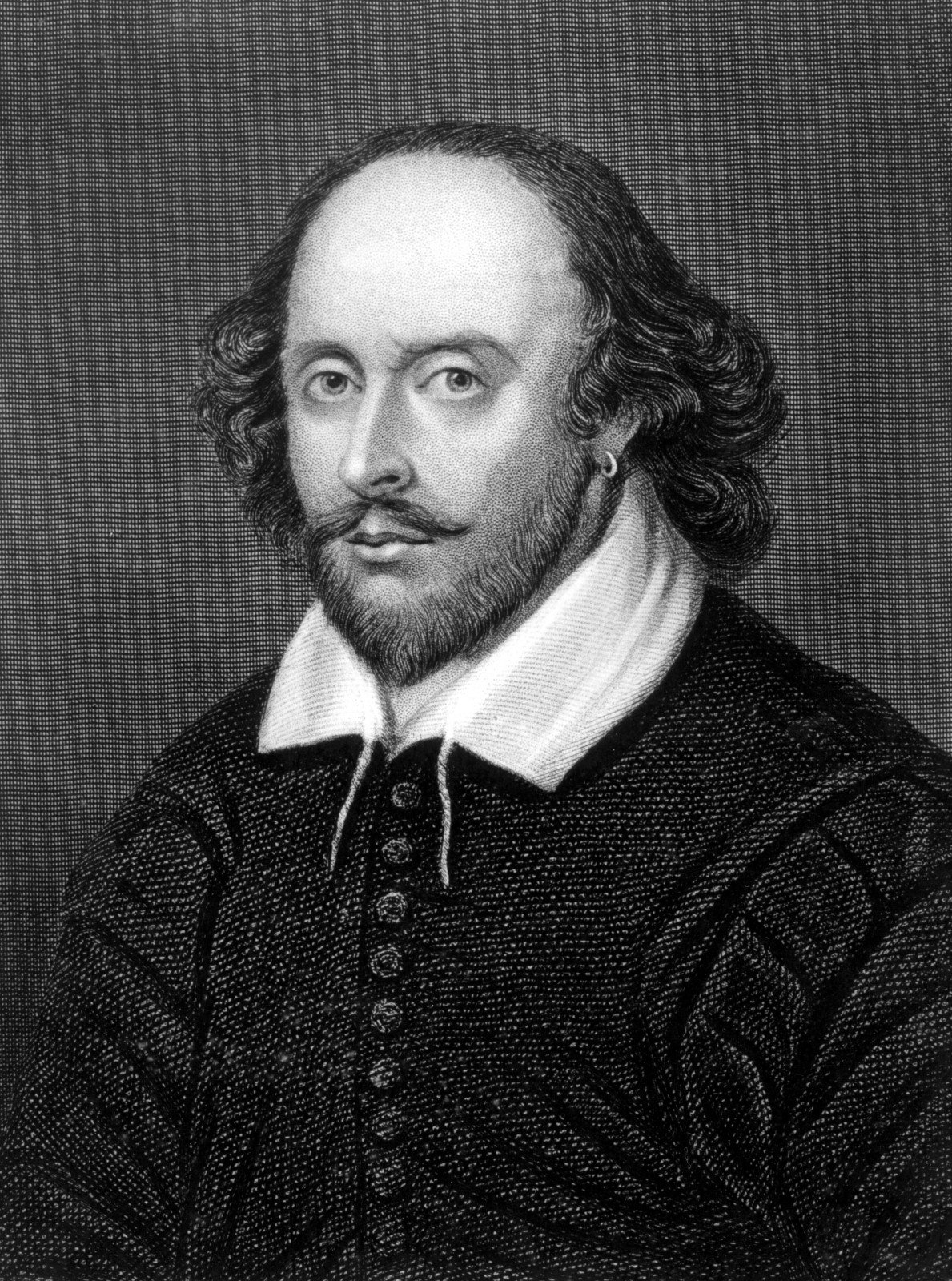

Printing their proud hooves i’th receiving earth.

Think, when we talk of horses, that you see them, It’s surely not possible, says the Chorus, that a few actors on a scaffold stage can create mighty battles and world changing events … ? Oh but yes, he goes on, it is possible. This is Shakespeare’s indelible definition of what we now call “story theatre”. I mentioned the Chorus in Henry V and I have recited sections of his first speech (“O for a muse of fire”) to my Wars company many times. There have been triumphs aplenty at the RSC and the NT since they were in their revolutionary, epoch-making prime, but without them theatre, and especially classical theatre, would not be as we know it. I am happy to admit that one of the main reasons I have been so determined to make an attempt to mount this vast project is to celebrate the achievement and the unique careers of Hall and Barton. He made this version under the creative direction of Peter Hall, the founder of the RSC, the theatrical genius who also led the National Theatre triumphantly to the South Bank, and who I continue to think of as my mentor and guiding star. The meticulous editing and reorganisation of the original material was the work of the great John Barton, my deeply revered colleague from our decades together at the RSC. The Wars of the Rosesis a conflation of four Shakespeare plays into a trilogy. The version of these plays that I am rehearsing has even greater rarity value. At the end of Henry V (which might have been advertised as “the prequel”), the Chorus tells us that after England’s mighty achievement at Agincourt: And so of course, he then followed them up (perhaps announcing that it was “the finale”) with the last part, Richard III.īut what is clear from performance records and from Shakespeare himself is that the whole saga was revived, and remained in the repertoire of Shakespeare’s company. Further success and further demand produced Henry VI, Part III, and by then young William was almost certainly getting the sole writing credit. So he (they) wrote Henry VI, Part II – just like The Godfather, Part II – satisfying the demand for more. It was popular and clearly created a craving in the playhouse audience to know what happened next. At the very beginning of his writing career (which in my view started after he had begun his acting career), he wrote, or collaborated on, a play called Henry VI. Much mirth of course, but actually, this claim is not far wide of the mark.

O n day one of rehearsals, and in a crowd-pleasing attempt to explain to my company of actors just what it was that we were taking on, I told them that with his early history plays, Shakespeare had invented the box set.


 0 kommentar(er)
0 kommentar(er)
